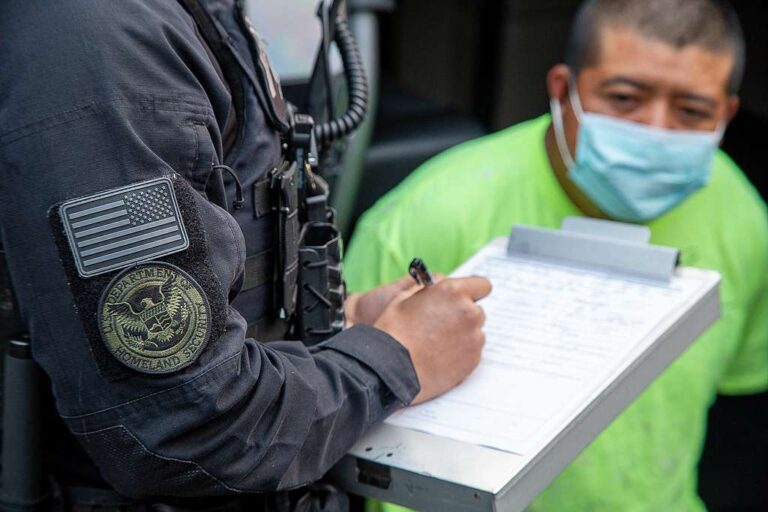More than 200 Chicago Public School employees headed into a dreary weekend, after receiving layoff notices. The Chicago Tribune reports that the district laid off 227 current employees and eliminated 180 vacant positions, in attempt to address its budget shortfall. The $32 million savings from the cuts will barely affect the almost half-billion dollar budget deficit. Chicago Public Schools continues to seek concessions from the Chicago Teachers Union in an attempt to narrow the gap. Contract negotiations between the groups will resume on February 1.
In neighboring Michigan, forecasts also look ominous for teachers. The Detroit Free Press writes that Senate Republicans introduced legislation to toughen the state’s anti-strike laws. The bills come after sick-outs throughout Detroit public schools, in which DPS Teachers Fight Back and individual teachers attempted to draw attention to large class sizes and dilapidated buildings. The teacher absences forced 88 schools to close on Wednesday.
Does the Trans-Pacific Partnership raise standards for labor? According to the Atlantic, it depends where you look. The United States negotiated consistency plans with Vietnam, Malaysia and Brunei, in which governments must meet specified labor rights requirements. But Mexico lacks any equivalent plan, one of the reasons why the Labor Advisory Committee (a coalition of U.S. labor-union representatives) opposed the TPP. With or without a consistency plan, conditions won’t improve internationally without U.S. enforcement. One Congressional staffer told the Atlantic, “You’re putting a lot of faith in an administration to take a role in policing, implementation, and doing a thorough job of judging when implementation has been fulfilled.”
Teamsters members expressed a “some job is better than no job” attitude in their vote to approve contacts to keep two Maryland warehouses open. The members approved two six-year contracts that included concessions on wages decreases, fewer days off, pension reductions, and employee contributions to healthcare costs, in exchange for keeping the warehouses open and under the direct control of Safeway. Lydia DePillis at the Washington Post explains that keeping jobs was the Teamster’s top priority.






Daily News & Commentary
Start your day with our roundup of the latest labor developments. See all
June 6
In today’s news and commentary, Governor Jared Polis directs Colorado’s labor agency to share information with ICE; and the Supreme Court issues two unanimous rulings including exempting a Catholic charity from paying unemployment compensation taxes and striking down the heightened standard for plaintiffs belonging to a majority group to prove a Title VII employment discrimination […]
June 5
Nail technicians challenge California classification; oral arguments in challenge to LGBTQ hiring protections; judge blocks Job Corps shutdown.
June 4
Federal agencies violate federal court order pausing mass layoffs; Walmart terminates some jobs in Florida following Supreme Court rulings on the legal status of migrants; and LA firefighters receive a $9.5 million settlement for failure to pay firefighters during shift changes.
June 3
Federal judge blocks Trump's attack on TSA collective bargaining rights; NLRB argues that Grindr's Return-to-Office policy was union busting; International Trade Union Confederation report highlights global decline in workers' rights.
June 2
Proposed budgets for DOL and NLRB show cuts on the horizon; Oregon law requiring LPAs in cannabis dispensaries struck down.
June 1
In today’s news and commentary, the Ninth Circuit upholds a preliminary injunction against the Trump Administration, a federal judge vacates parts of the EEOC’s pregnancy accommodation rules, and video game workers reach a tentative agreement with Microsoft. In a 2-1 decision issued on Friday, the Ninth Circuit upheld a preliminary injunction against the Trump Administration […]